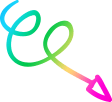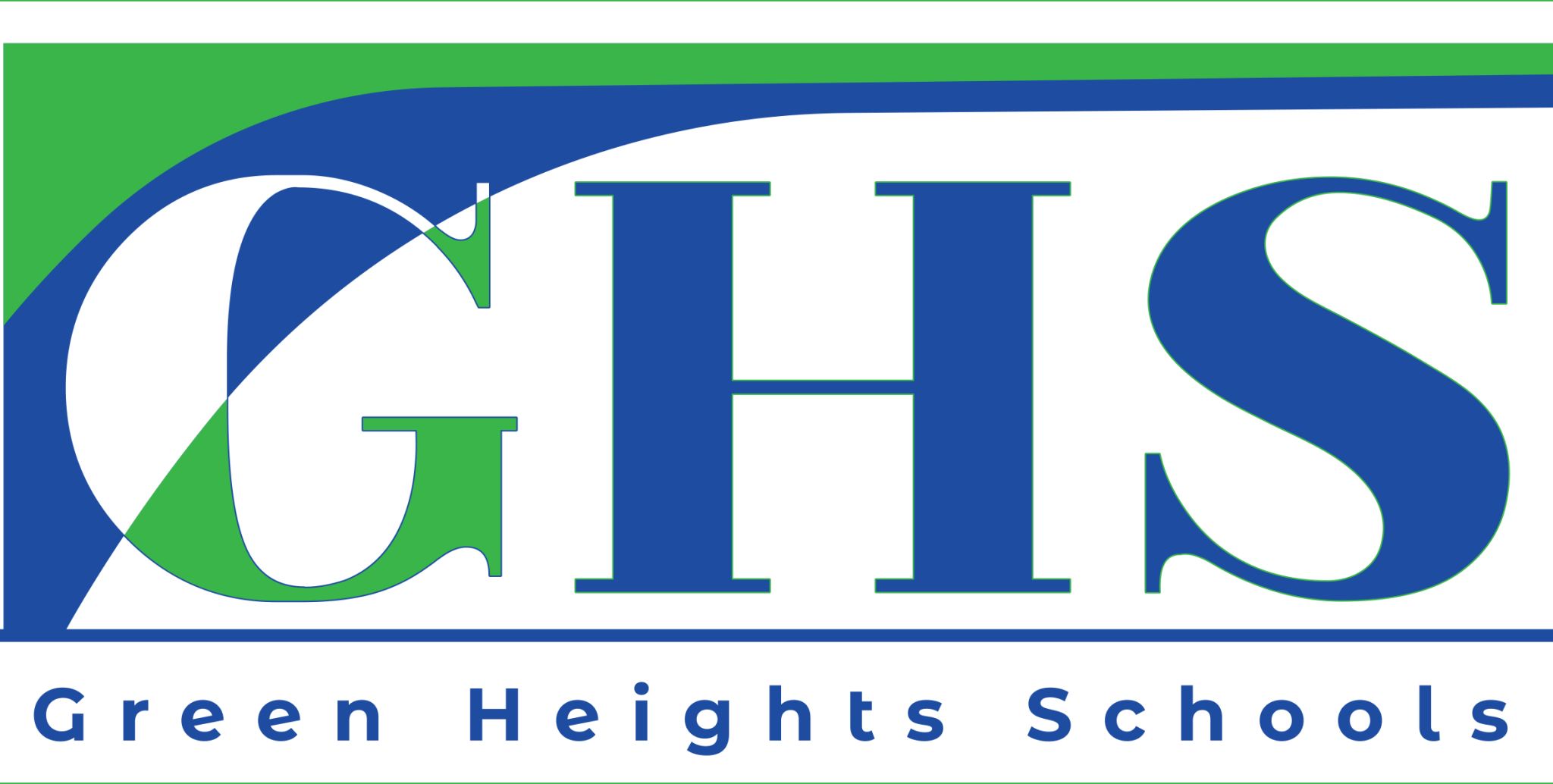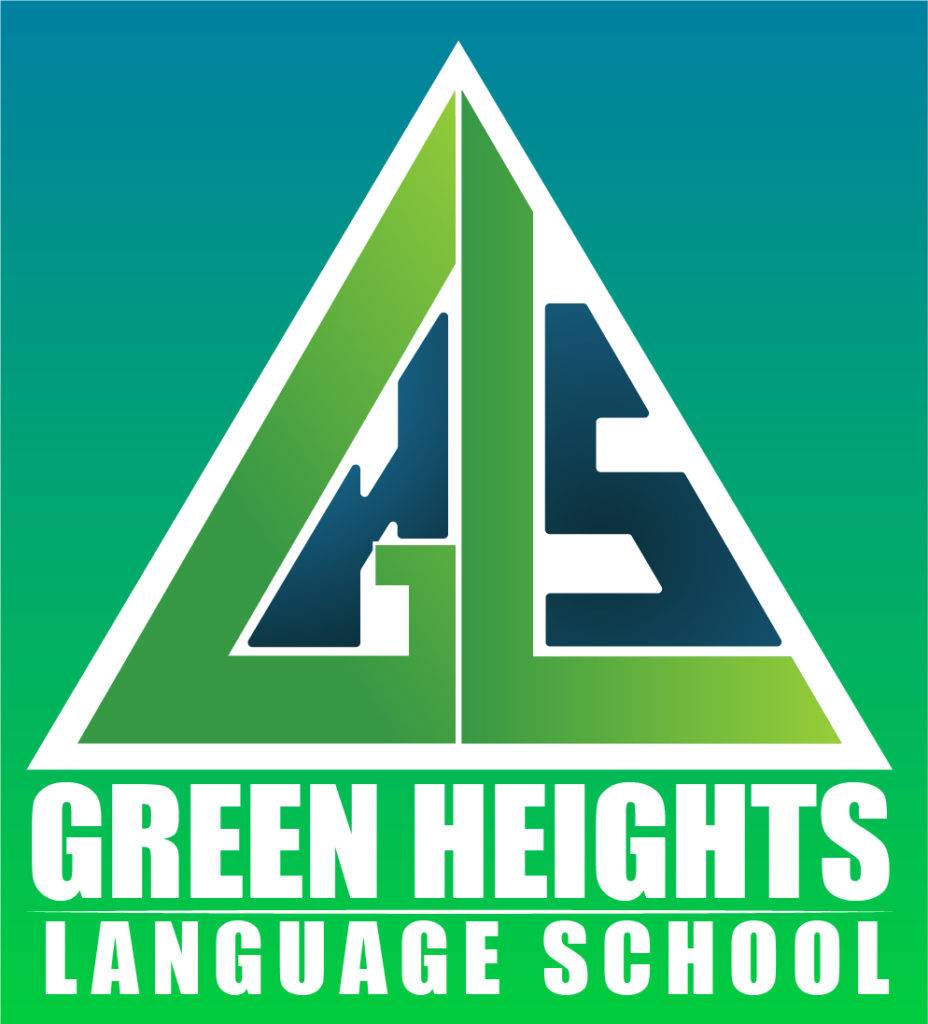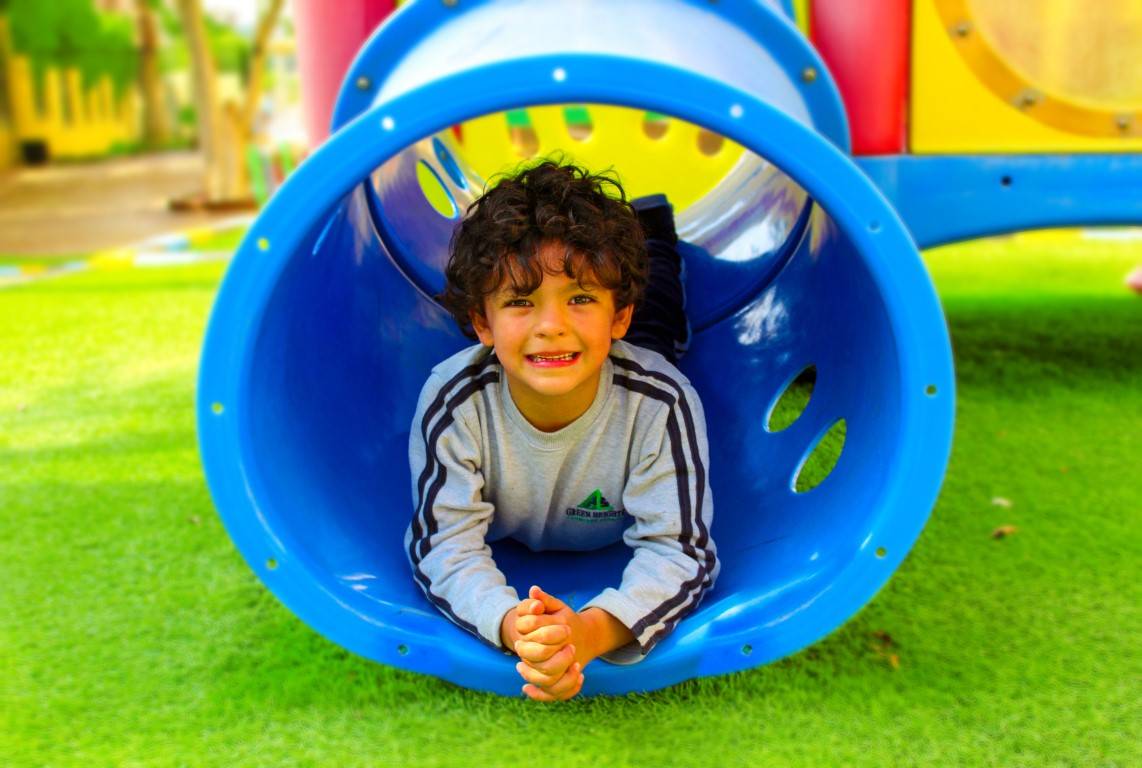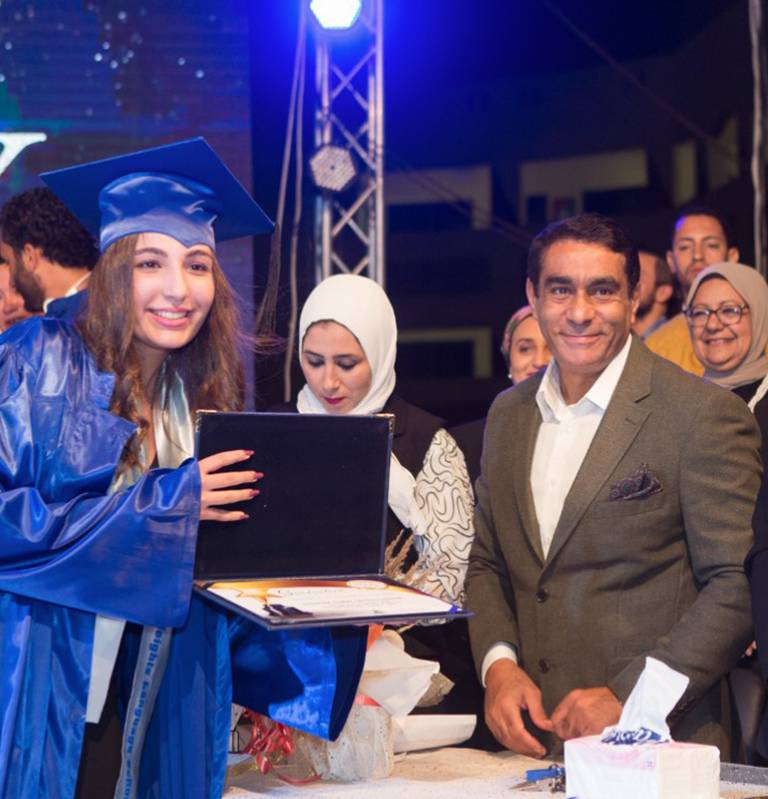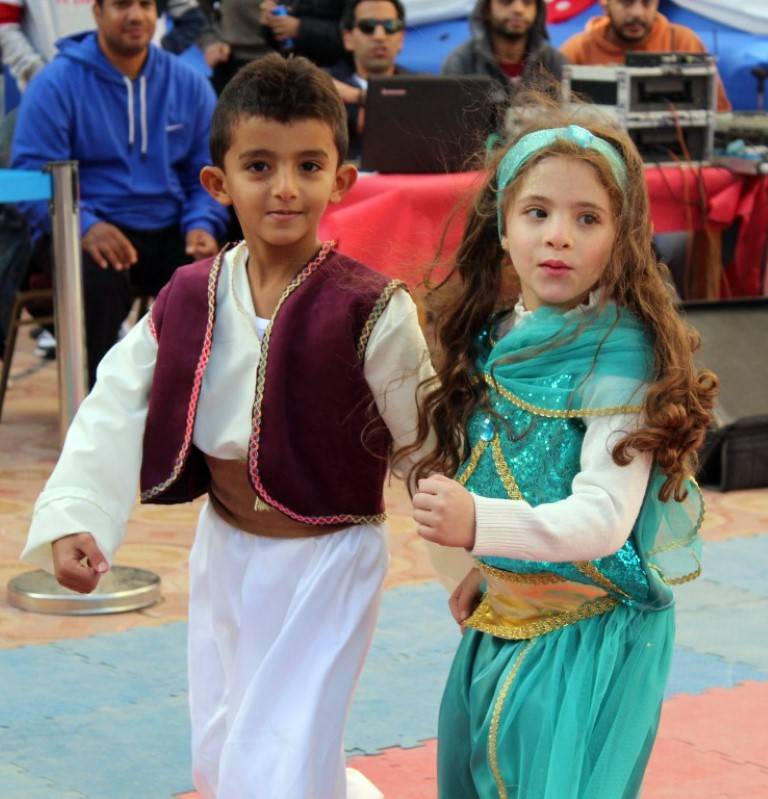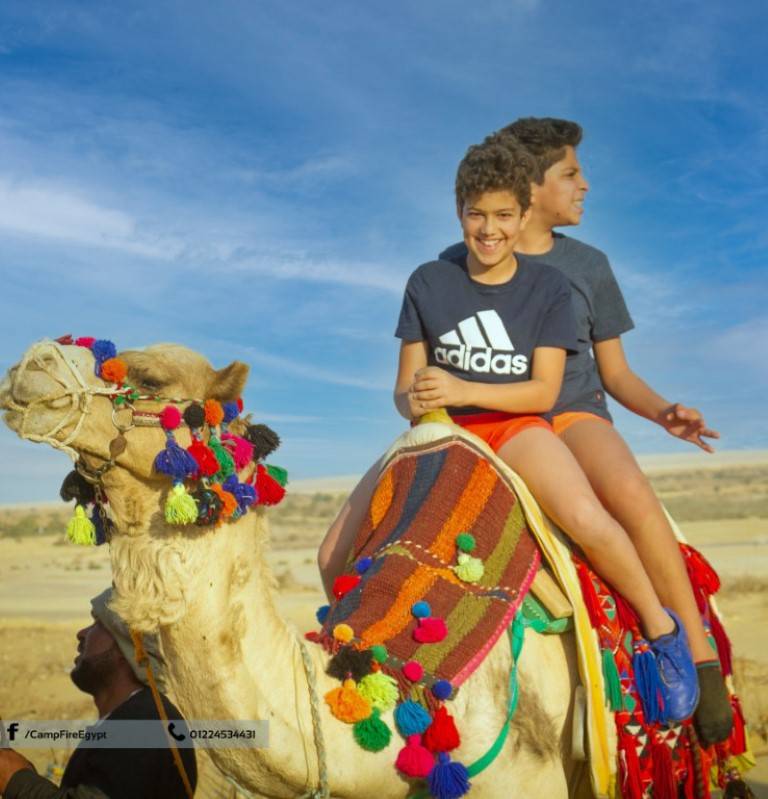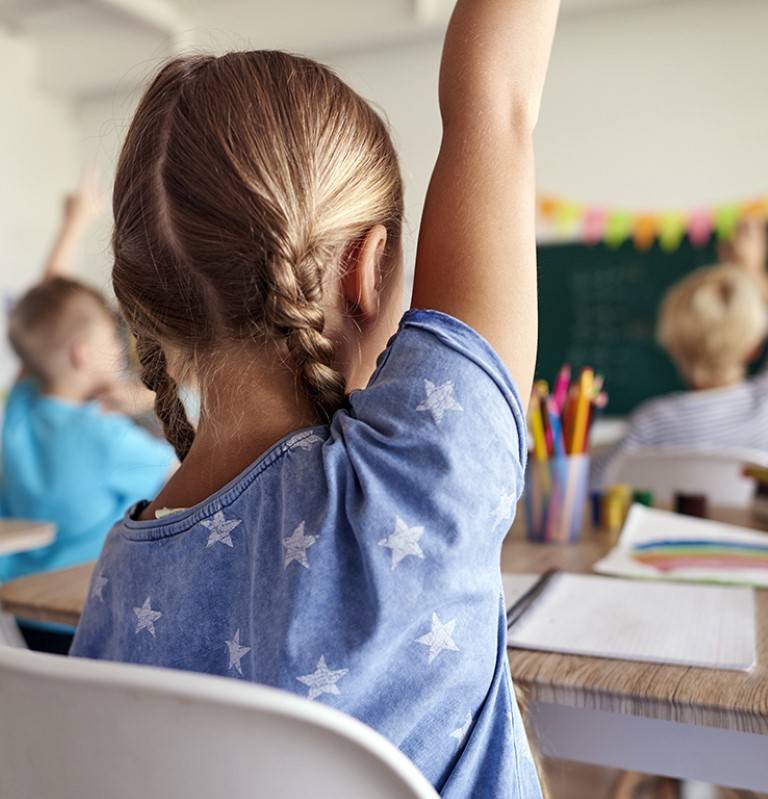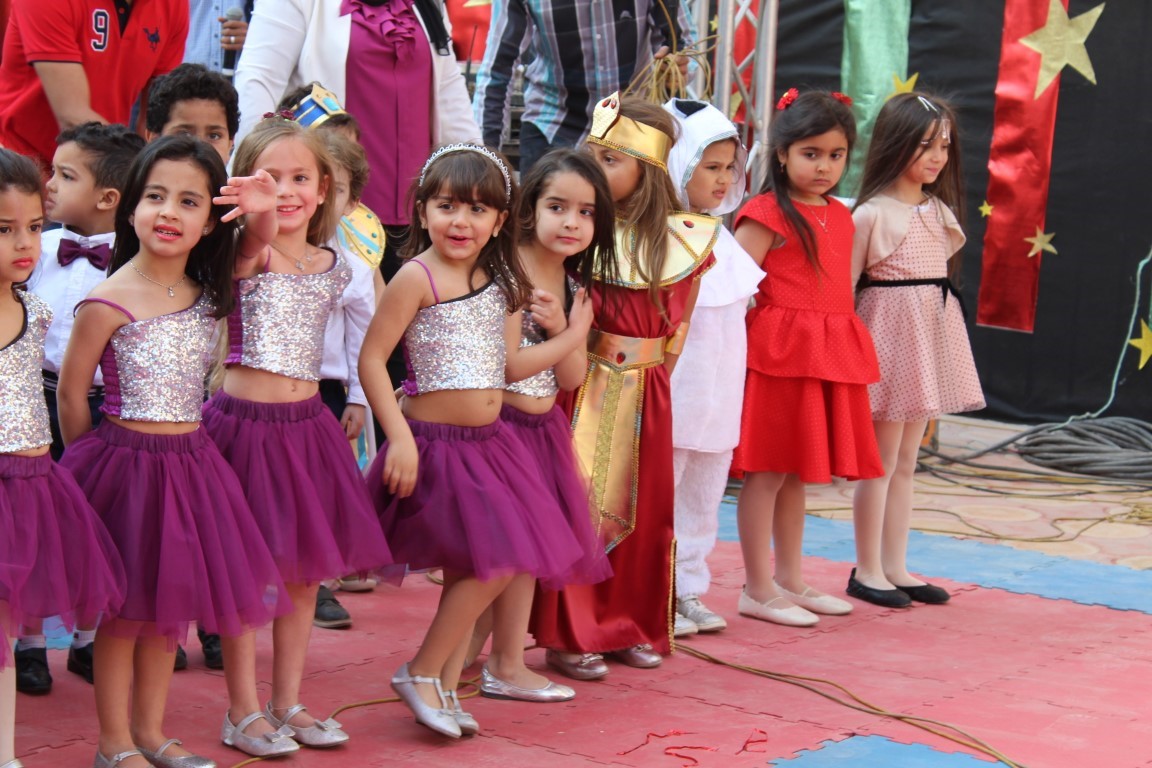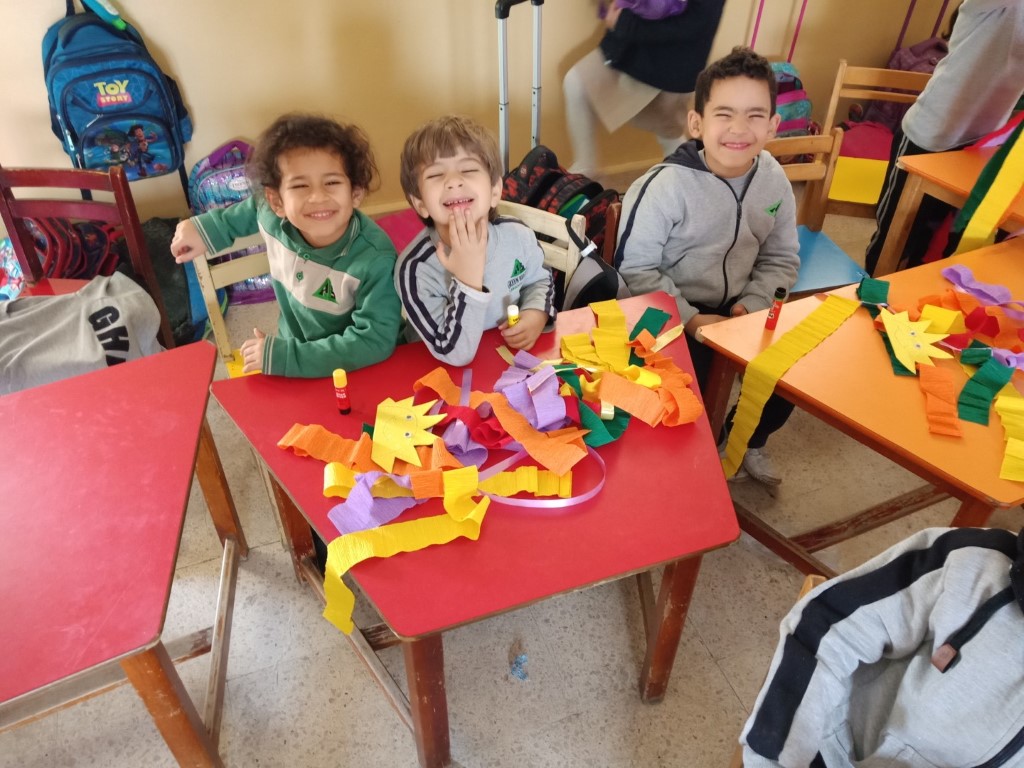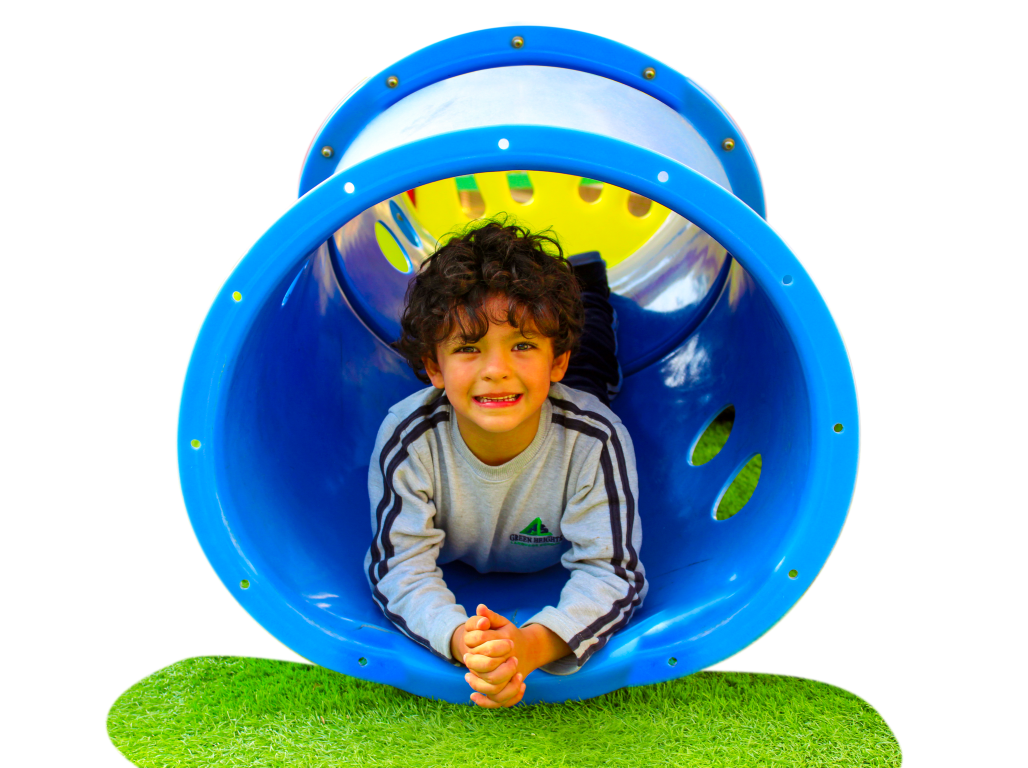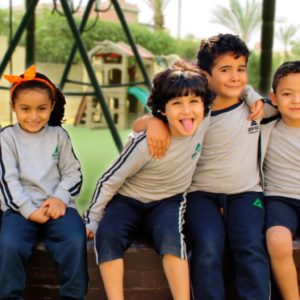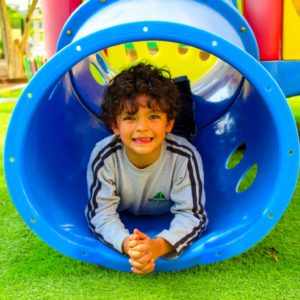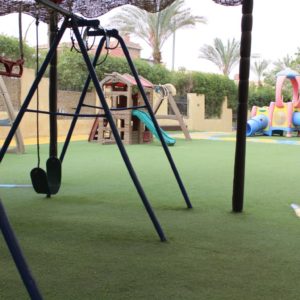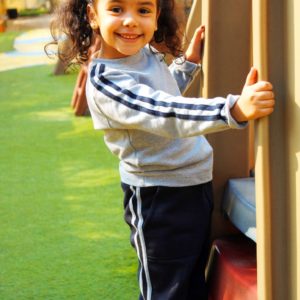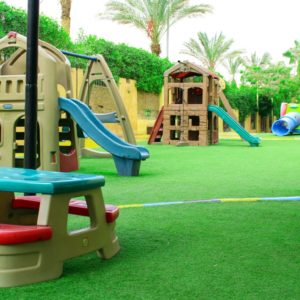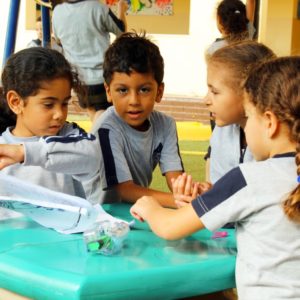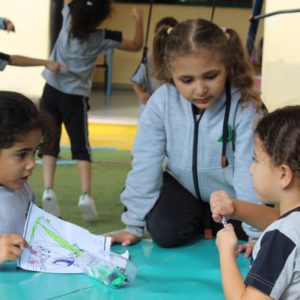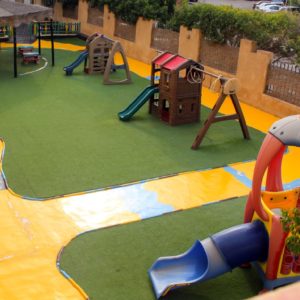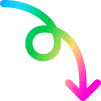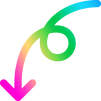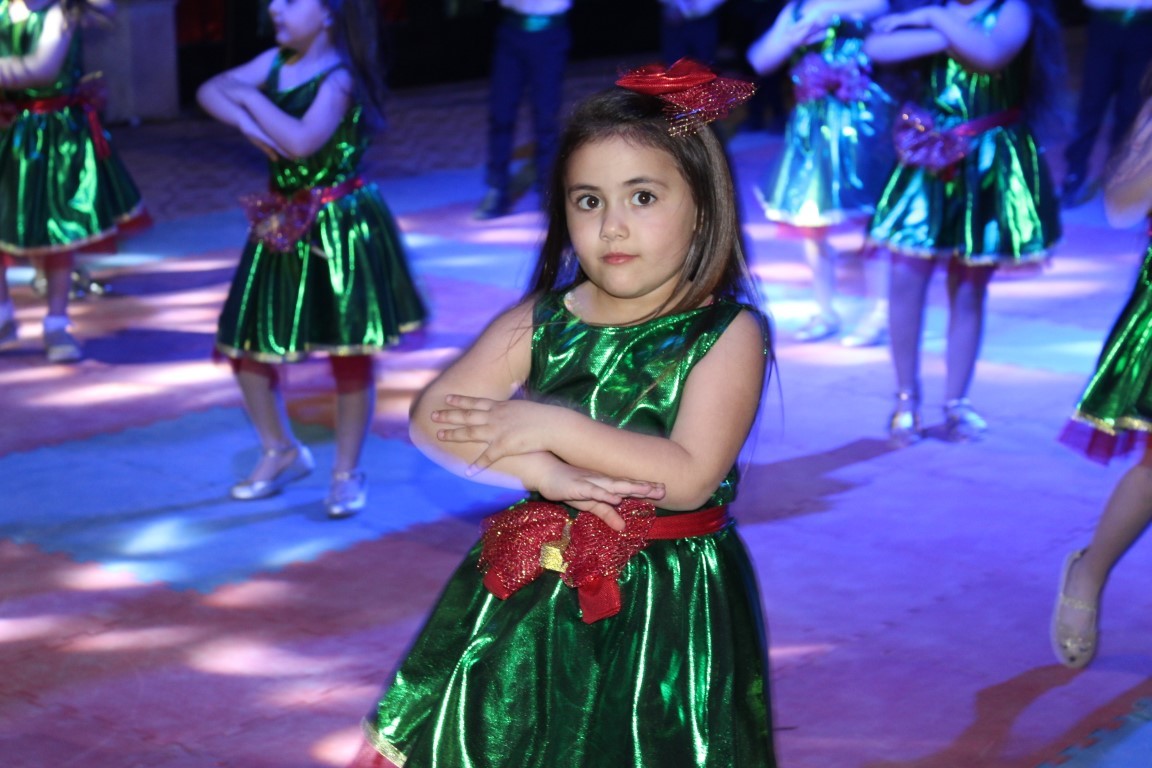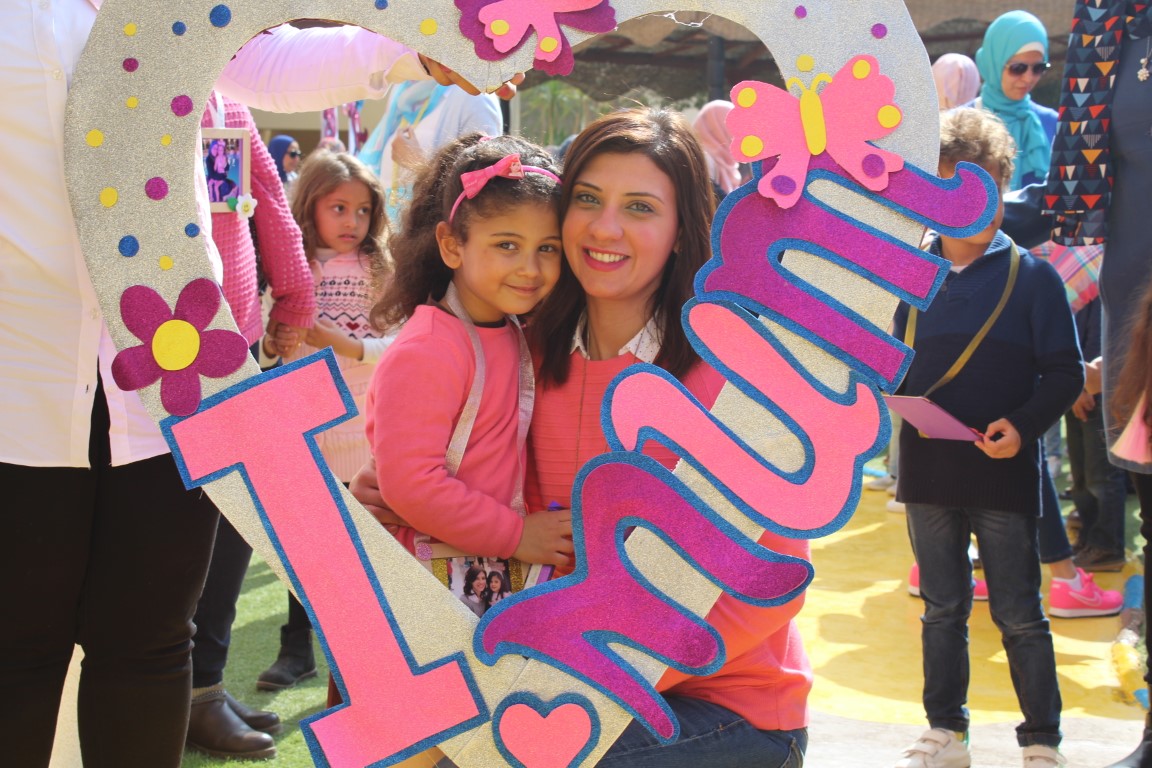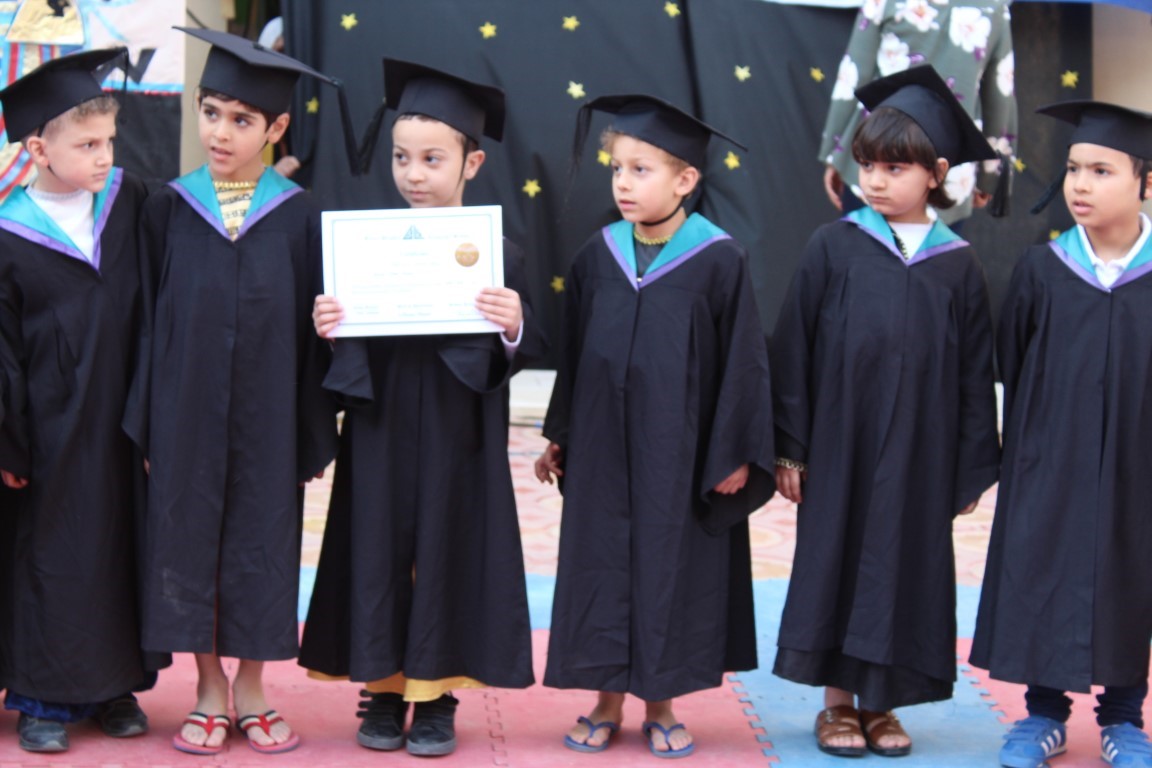Kindergarten
- Opportunities for children to learn by observing and experimenting with real objects.
- Spontaneous games and teacher-facilitated activities.
- Group projects in which cooperation can occur naturally.
- P.E sessions with a wide range of sports activities requiring the use of large and small muscles.
- P.E sessions with a wide range of sports activities requiring the use of large and small muscles.
- Exposure to literatures and arts from different cultures.
- Authentic assessment of each child's development and progress.
Mission and vision
We at GHLS have joined all our efforts to make a difference in the quality of learning and teaching .
We believe in accepting each child’s individuality and helping our students progress at their own space to achieve maximum academic progress and social development . We have bolstered our previous experience and merged our knowledge with the most recent approaches to enhance our performance .
Educational process is a partnership where parents working together with teachers can provide the best education possible for our young ones . upon our utter realization of the difference between traditional learning approaches and the demands of our present world , we utilize multiple language programs and recent resources making them a reality offer for our students .
Our vision is to empower our students to become effective learners and decision makers by sustaining a healthy , dynamic , comprehensive and rich multicultural environment conducive to quality education , autonomy , enhanced social skills and high moral values
The Kindergarten department philosophy
GHLS offers the transitional kindergarten program , which offers children and families engaging learning environments that are designed to meet the social – emotional and cognitive needs of young students . The model is proactive in nature
– Our aim is to assist your child to learn and grow through experience with play . There are many types of activities offered inside and outside the classrooms , and as your child interacts and manipulates the play materials , he / she is learning about so many things.
– Children in kindergarten need to play in order to learn . It is the teaches role to provide experience for play , and to guide and assist every child into becoming an independent creative person with a love for learning .
What do children learn in kindergarten ?
Easley childhood is a significant period in human development . It’s the time when children begin to develop independence , initiative , decision-making ability , creativity , early literary and numeracy skills,
the ability to learn , the ability to relate to other , verbal communications skills, and feelings of self-worth .
What young children learn at this stage will have a major impact on successful learning experiences in school , on personal development and on future participation in society
Our kindergarten program includes the following .
- Easily literacy in both language, Arabic and English
- Easily numeracy and science
- Holy Quran.
- Ethics
- Personal and social responsibility
- Physical skills and well-being
- Social emotional learning
- Technology skills
The learning areas focus on the early learning in English and Arabic language arts, mathematise , science, physical education, health and life skills , and fine arts.
They provide a transition to the subject area expectations of elementary schooling early learning in information and communication technology is also included.
Ready For Graduation
